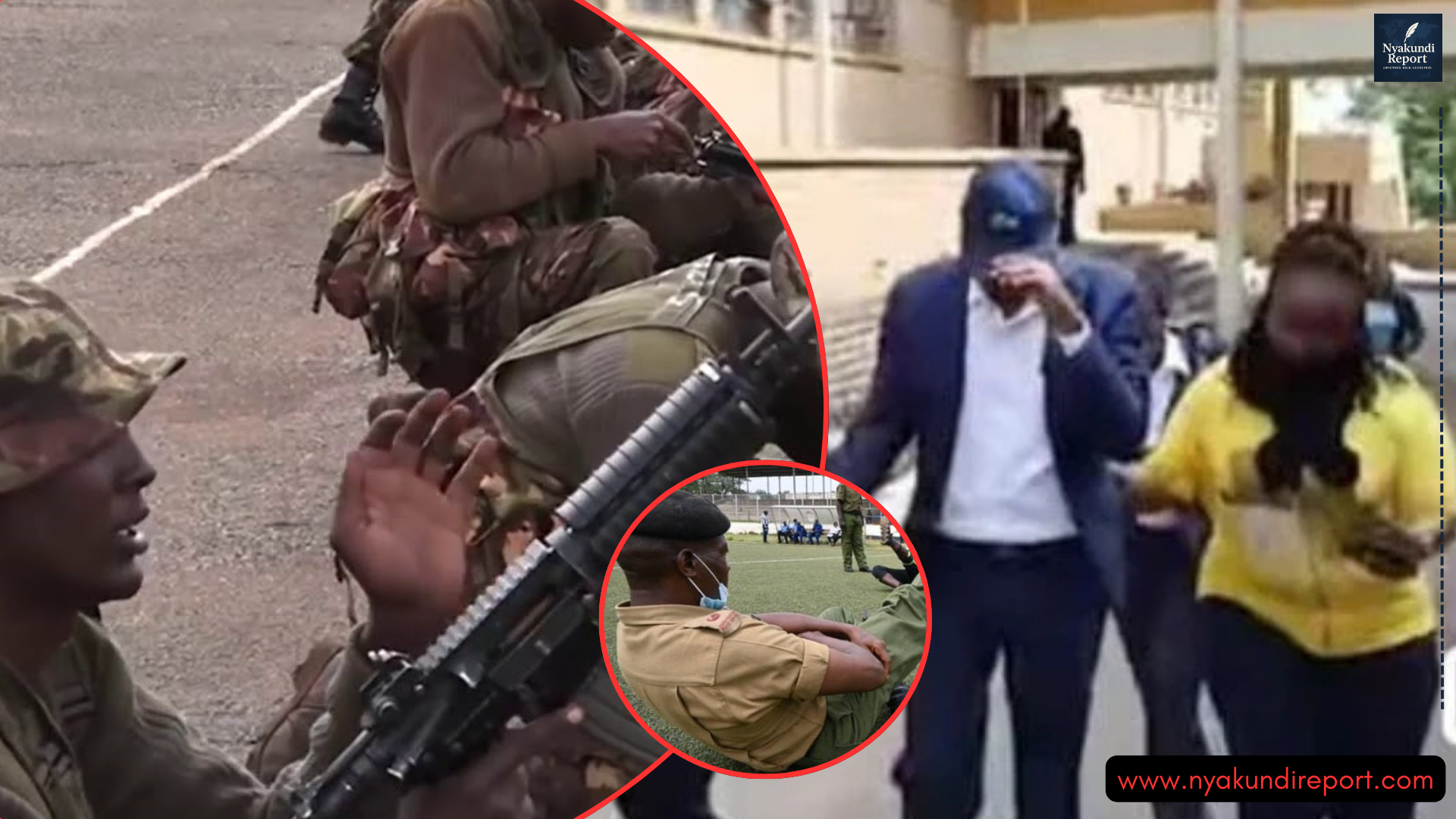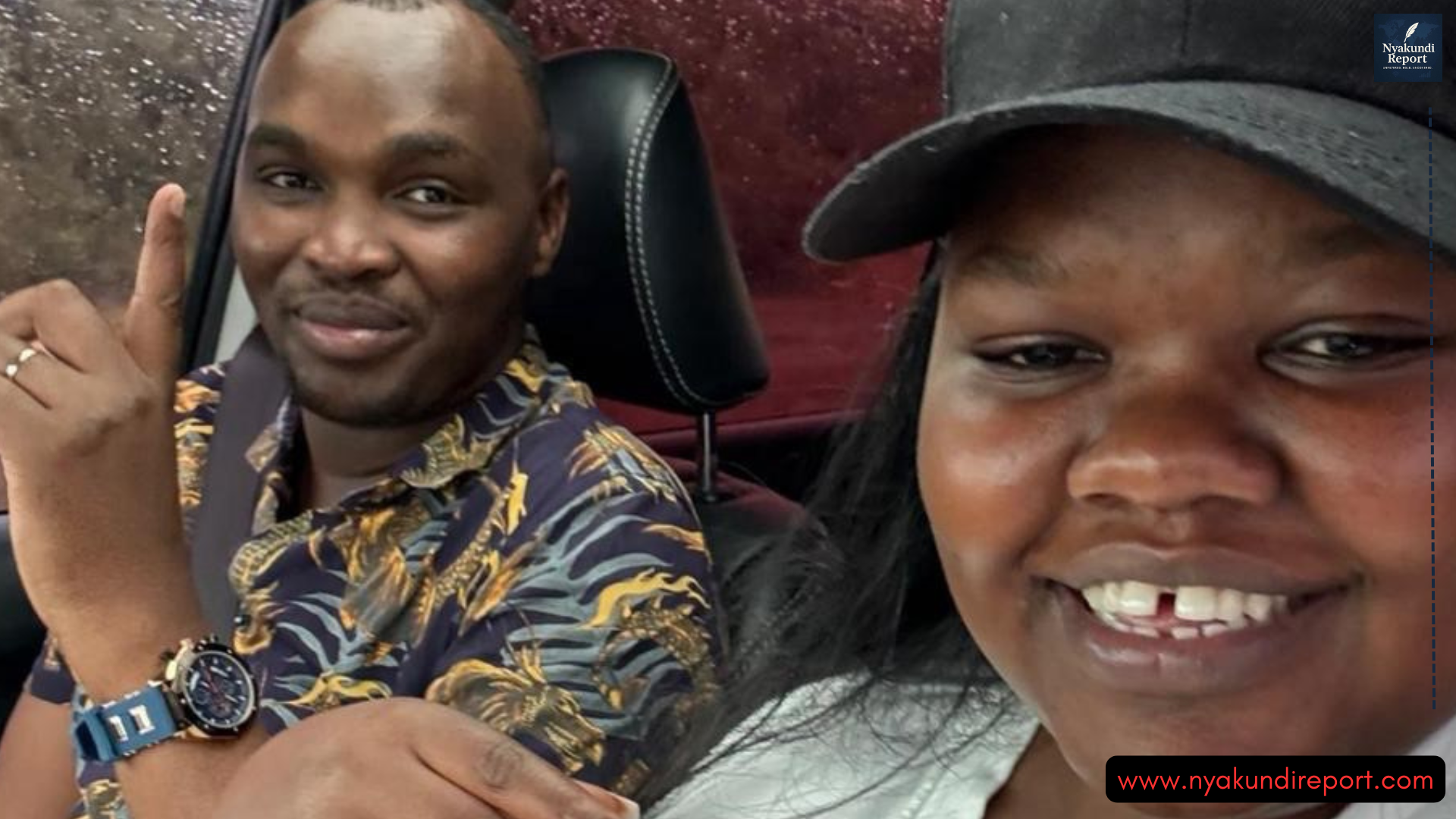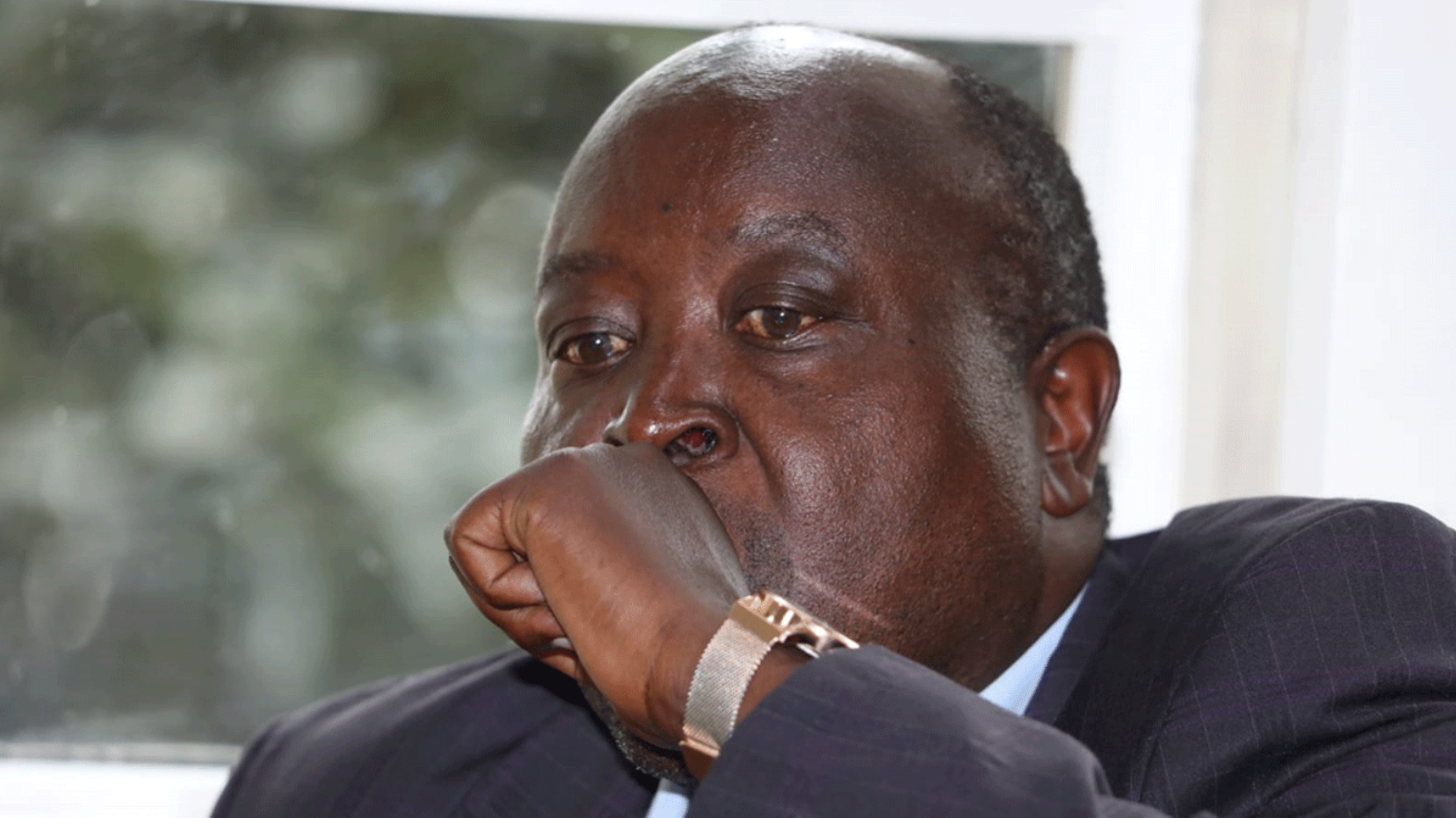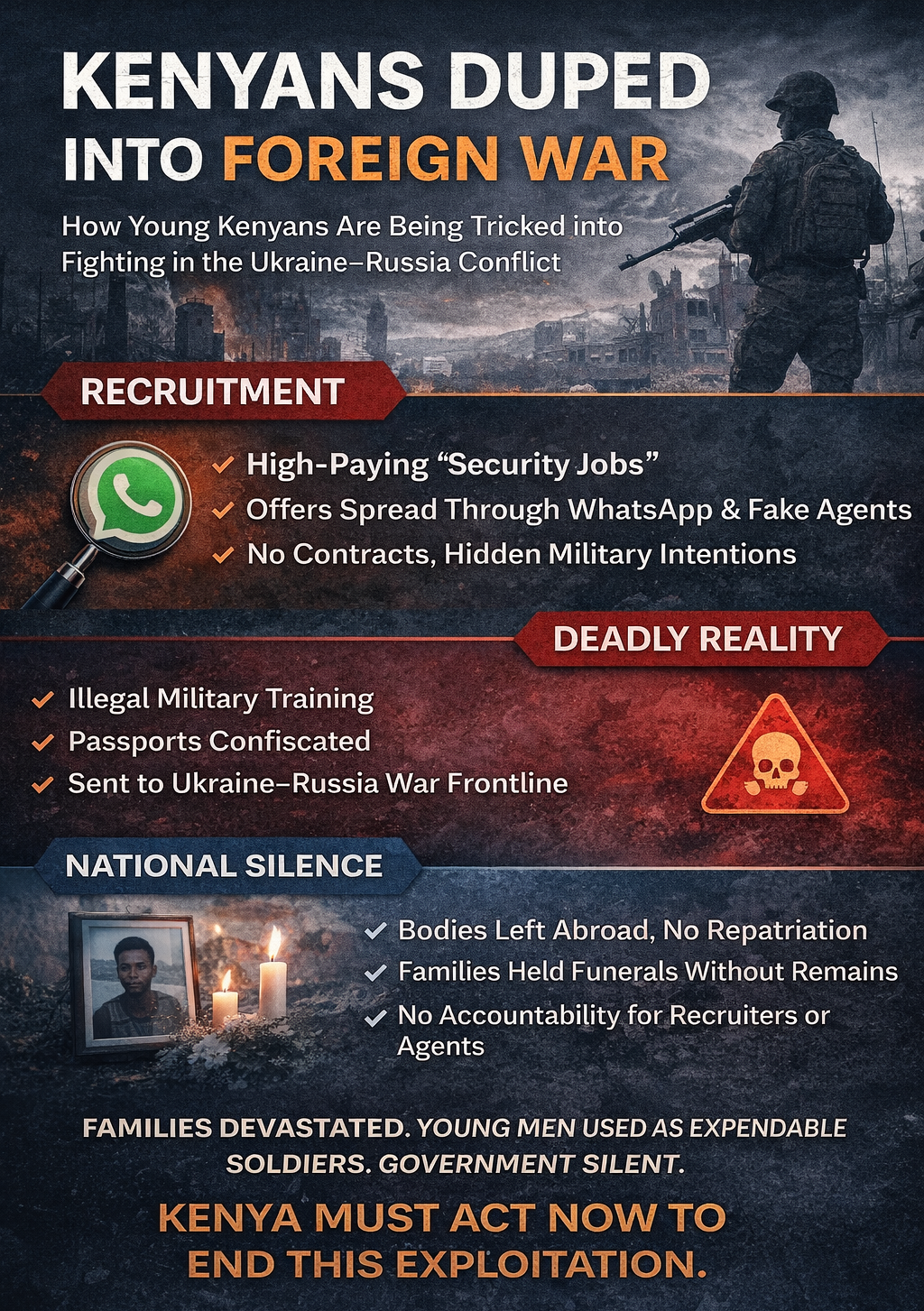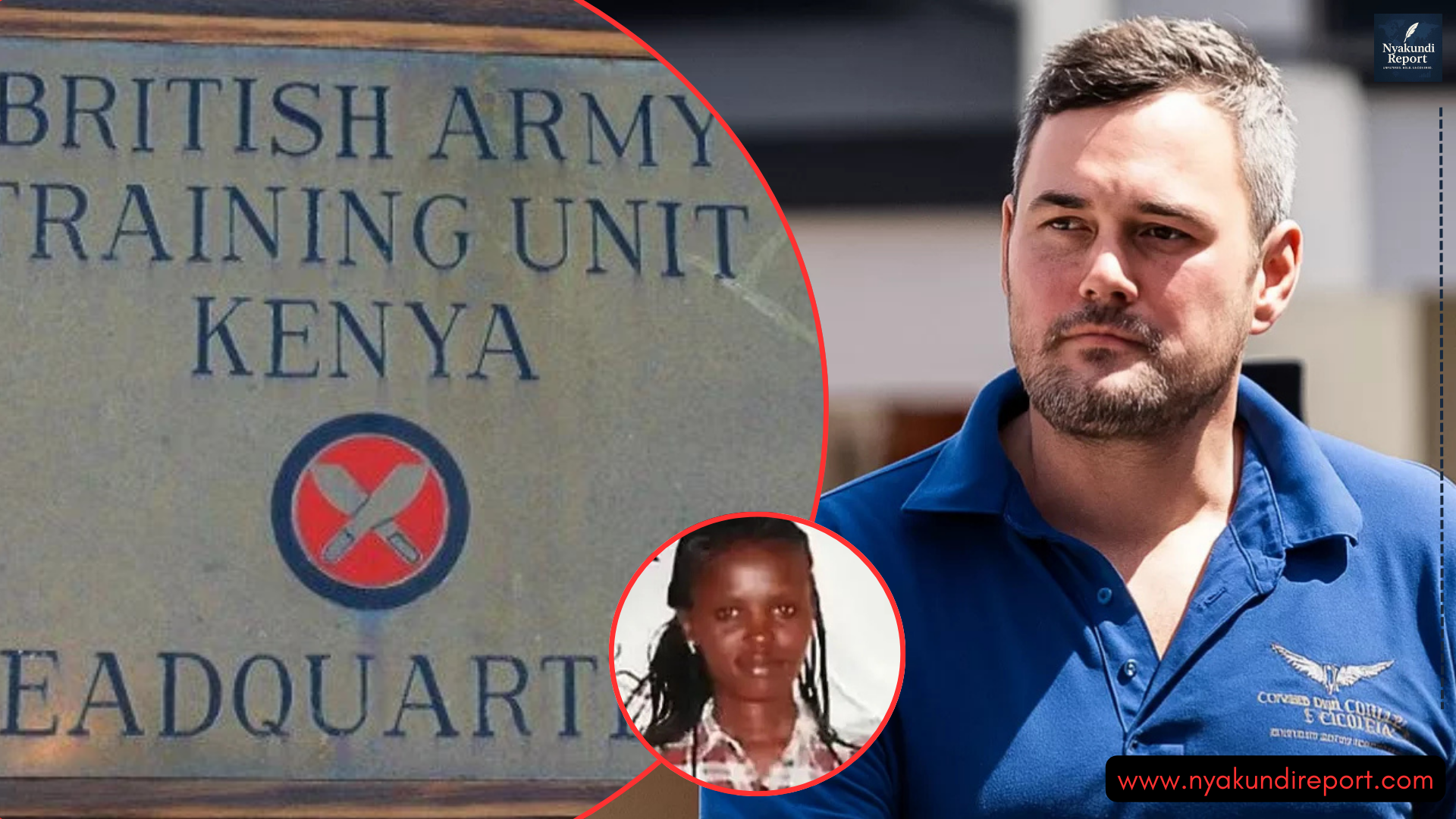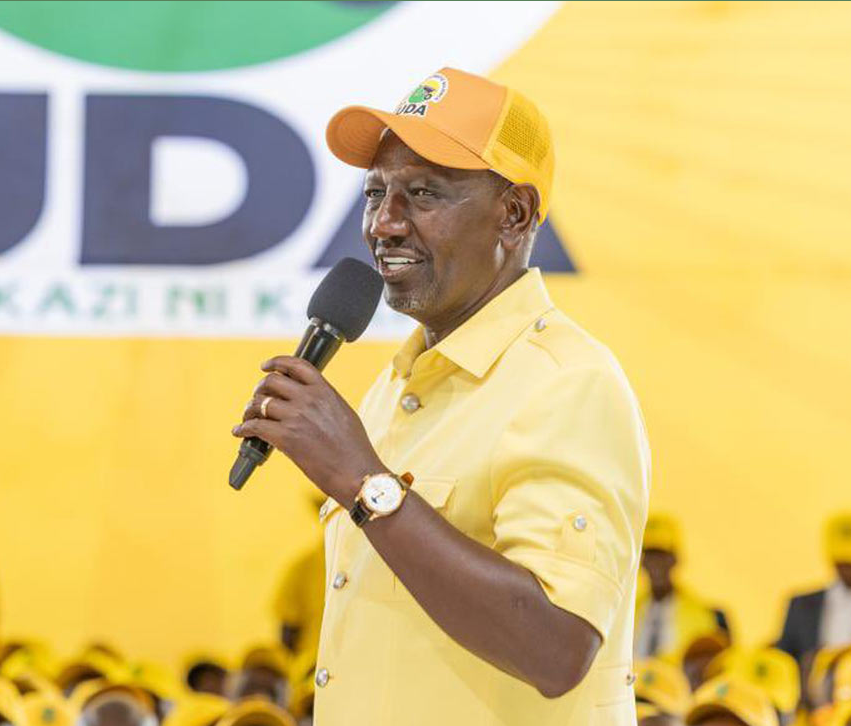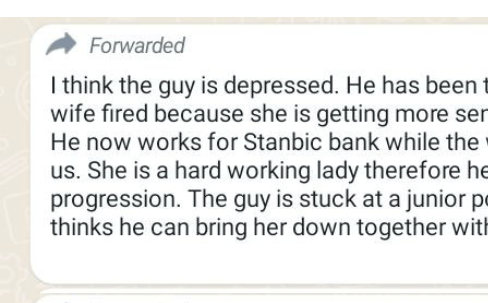Tension is boiling over at Nairobi’s City Mortuary after families of the June 25 victims were denied autopsies for their loved ones.
The government pathologist failed to show up for several scheduled examinations, citing “security concerns.” Yet, the Independent Police Oversight Authority (IPOA) had directed that all bodies be examined.
Heartbroken families say they’ve waited for days, only to be fed conflicting stories. With 19 confirmed deaths and growing allegations of state brutality, the delay is fuelling fears of a cover-up.

Outrage as Government Pathologist Stalls Autopsies for June 25 Victims
Families of the June 25 victims are crying foul after the government failed to conduct autopsies on their loved ones, days after promising to do so. Outside City Mortuary on Tuesday, July 1, grieving relatives said they had been waiting since Sunday, only to be turned away repeatedly.
According to the families, the government pathologist failed to carry out the post-mortems, citing security concerns. Yet the Independent Police Oversight Authority (IPOA) had ordered that autopsies be conducted on all the bodies.
“We came here early in the morning. They told us the post-mortem was scheduled for yesterday. Then it was moved to today. Now they say only two bodies will be examined,” said one frustrated family member.
The situation turned into a blame game. Mortuary officials reportedly said IPOA had not completed the necessary files. IPOA, on the other hand, maintained that the autopsies were already greenlit and should proceed.
This confusion has deepened the pain of families already struggling to deal with the sudden loss of their loved ones.
“They’re playing games while our children lie cold in the morgue,” another family member said. “We just want the truth. We want to bury them with dignity.”
Deaths Mount But Accountability Remains Missing
The June 25 protests, which erupted across the country in opposition to the controversial Finance Bill, turned deadly after security forces reportedly used excessive force on unarmed demonstrators. According to the Kenya National Commission on Human Rights (KNCHR), at least 19 people were killed and 531 injured.
The commission also reported 15 enforced disappearances, 179 arrests, and several cases of sexual violence. Despite the scale of violence, no police officer has been arrested or charged. IPOA has said it is still investigating.
“The state is dragging its feet,” said a human rights activist on the ground. “The more they delay these autopsies, the more it looks like they’re hiding something.”
KNCHR has strongly condemned the violations and demanded accountability from both the police and Interior Ministry.
But the government’s silence has only stoked more anger. “You cannot claim to respect the rule of law while shielding killers in uniform,” one protester said.
Families fear that without autopsies, critical evidence may be lost. Autopsies not only confirm cause of death—they’re essential to any legal action against those responsible.
Murkomen Blasted for Shielding Police Behind June 25 Killings
The situation was further inflamed by recent comments from Interior Cabinet Secretary Kipchumba Murkomen, who in a leaked clip, said police officers would not cooperate with IPOA in cases involving the shooting of civilians.
This statement came days after he was accused of giving a shoot-to-kill order during the height of the protests.
Though Murkomen later claimed he was taken out of context—saying police should only use deadly force to defend themselves or others—many Kenyans aren’t buying it.
“What do you expect when you tell officers to shoot and then protect them from investigations?” asked a civil society leader.
Murkomen’s words, coupled with the failure to carry out autopsies, have only hardened public opinion that the state is orchestrating a cover-up.
On social media, hashtags like #JusticeForJune25 and #ReleaseTheBodies continue to trend as the public demands transparency, accountability, and justice for those who died protesting.
The families are now urging the courts and international human rights bodies to intervene.
“If the government won’t help us, then let the world see what’s happening here,” said a grieving father. “We’re not going to be silenced.”

